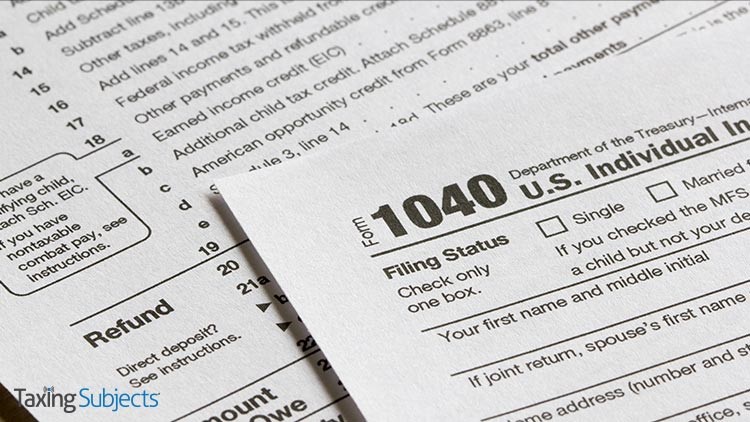
The Internal Revenue Service is expanding just who is eligible for an Identity Protection PIN. In fact, the IRS has thrown open the gates and now says any taxpayer who can verify their identity can now get an IP PIN.
The IP PIN is a six-digit code that is known only to the taxpayer and the IRS. It helps to stop identity thieves from filing fraudulent tax returns using a taxpayer’s personally identifiable information.
“This is a way to, in essence, lock your tax account, and the IP PIN serves as the key to opening that account,” said IRS Commissioner Chuck Rettig. “Electronic returns that do not contain the correct IP PIN will be rejected, and paper returns will go through additional scrutiny for fraud.”
The IP PIN program was launched nearly a decade ago by the IRS, aimed at protecting confirmed identity theft victims from ongoing tax-related fraud.
In recent years, the IRS expanded the program to specific states where taxpayers could voluntarily opt-in to the IP PIN program. Now, that voluntary program is going nationwide.
Rules of the Game
The IRS says there are few ground rules to keep in mind about the IP PIN Opt-In program:
- This is a voluntary program.
- You must pass a rigorous identity verification process.
- Spouses and dependents are eligible for an IP PIN if they can verify their identities.
- An IP PIN is valid for a calendar year.
- You must obtain a new IP PIN each filing season.
- The online IP PIN tool is offline between November and mid-January each year.
- Correct IP PINs must be entered on electronic and paper tax returns to avoid rejections and delays.
- Never share your IP PIN with anyone but your trusted tax provider. The IRS will never call, text or email requesting your IP PIN. Beware of scams to steal your IP PIN.
- There currently is no opt-out option but the IRS is working on one for 2022.
Getting an IP PIN
Taxpayers who want an IP PIN for 2021 should go online and visit IRS.gov/IPPIN. Use the Get an IP PIN tool.
The online process requires taxpayers to confirm their identities using the Secure Access authentication process. Taxpayers have to verify their identities if they do not already have an IRS account.
See IRS.gov/SecureAccess for what information taxpayers need to be successful in signing up. There is no need to file Form 14039, Identity Theft Affidavit, to opt into the program.
Once taxpayers have authenticated their identities, their 2021 IP PIN will be revealed to them immediately. Once in the program, this PIN must be used when prompted by electronic tax returns or entered by hand near the signature line on paper tax returns.
All taxpayers are encouraged to first use the online IP PIN tool to obtain their IP PIN. Taxpayers who cannot verify their identities online, though, do have options.
Taxpayers whose adjusted gross income is $72,000 or less can complete Form 15227, Application for an Identity Protection Personal Identification Number, and mail or fax the form to the IRS. An IRS customer service representative will then contact the taxpayer and verify their identity by phone. Taxpayers should have their prior year tax return handy for the verification process.
Taxpayers who use this process will have an IP PIN mailed to them the following tax year. This is for security reasons. Once in the program, the IP PIN will be mailed to these taxpayers each year.
Those who can’t verify their identities online or by phone and are ineligible to file Form 15227 can contact the IRS and make an appointment at a Taxpayer Assistance Center to verify their identities in person. Taxpayers should bring two forms of identification, including one government-issued picture ID.
Taxpayers who can verify their identity through the in-person process will have an IP PIN mailed to them within three weeks. Once in the program, the IP PIN will be mailed to these taxpayers each year.
Identity Theft Victims are Safe
Those taxpayers who are confirmed victims of identity theft – or who have filed an identity theft affidavit because of suspected stolen-identity-refund fraud – will automatically receive an IP PIN by mail once their cases are resolved.
Current tax-related identity theft victims who have been receiving IP PINs by mail will see no change.
For more information on IP PINs, visit IRS.gov.IPPIN. The IRS is also encouraging tax professionals and employers to share information with taxpayers about the availability of an IP PIN. Tax pros and employers can print or email Publication 5367 or share IRS social media and e-poster products.
